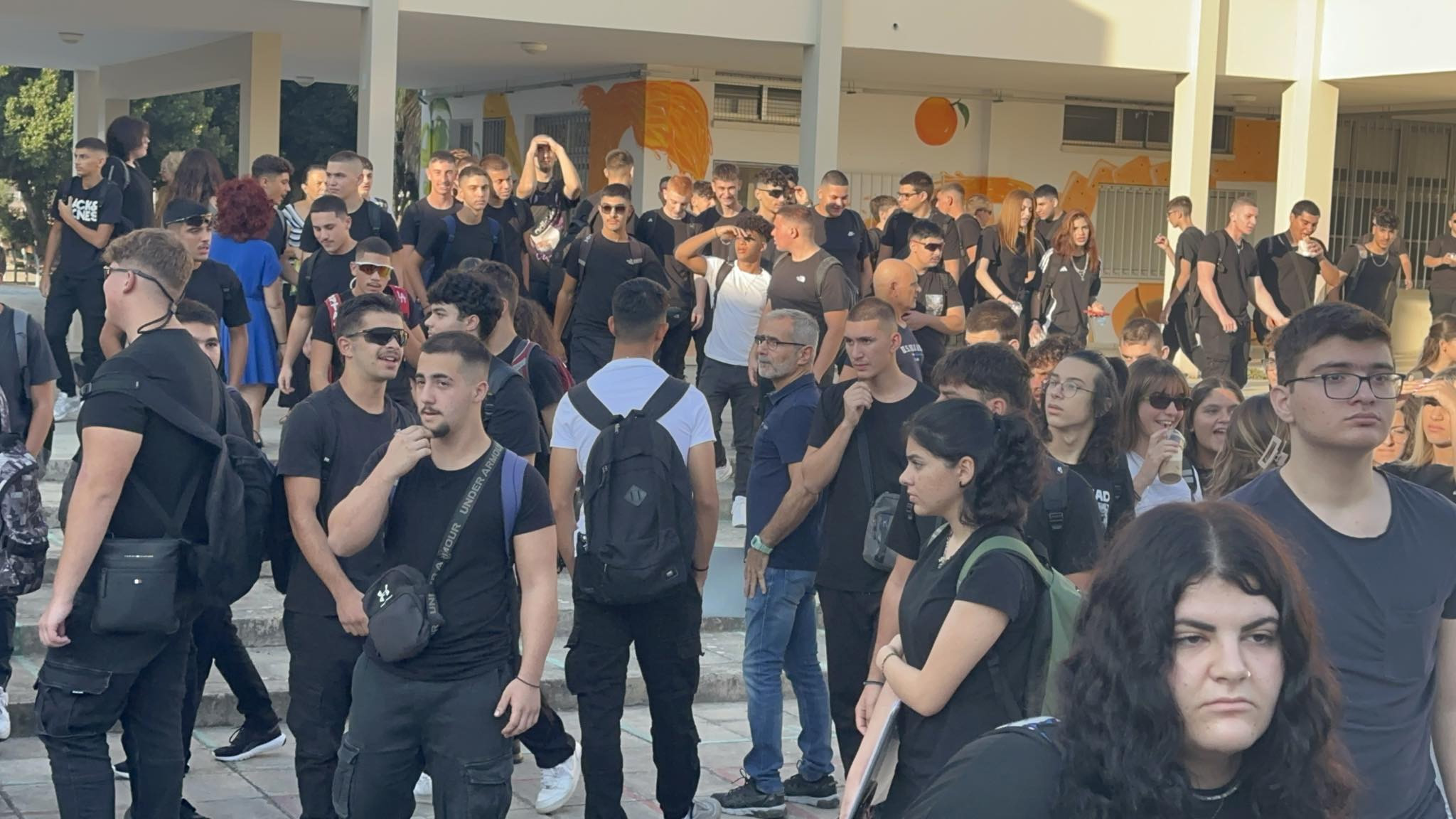Democracy must not only be taught in classrooms but also lived in everyday practice, Citizens’ rights commissioner Panayiotis Palates said on Tuesday presenting a study on democratic education.
Pupils, teachers, parents, experts and officials were all questioned about their experiences, opinions and proposals in a process designed to make democratic participation both real and practical.
Yiannis Laouris, who led the SDD workshops, pointed to a global deficit in civic knowledge and participation, with research showing that only 39 per cent of Americans know the three branches of government, while fewer than half of Europeans feel informed about current affairs.
He recommended holding structured dialogues twice a year in all schools, involving the entire school community, alongside teacher training and new teaching material linked to EU, Unesco and UN sustainable development goals.
Palates underlined the state’s duty to apply modern tools to strengthen democracy in a time of growing challenges.
“Democracy is not a panacea but a framework where people can freely express their views, debate with one another, and reach decisions that are socially beneficial and supported by the majority,” he said.
He called for political education to return to schools in a new, practical form.
“When pupils take part meaningfully, their trust in institutions grows and they develop skills vital for tomorrow’s society,” he added.
A representative of the Paralimni Youth Council, which is campaigning for the title of European Youth Capital, spoke about democracy in action, telling how more than 300 volunteers each year organise major events, forums and roundtable talks, giving young people a platform to shape their community.
Her remarks stressed that “participation begins at school, but without something practical that leaves a legacy, the model will fail.”






Click here to change your cookie preferences